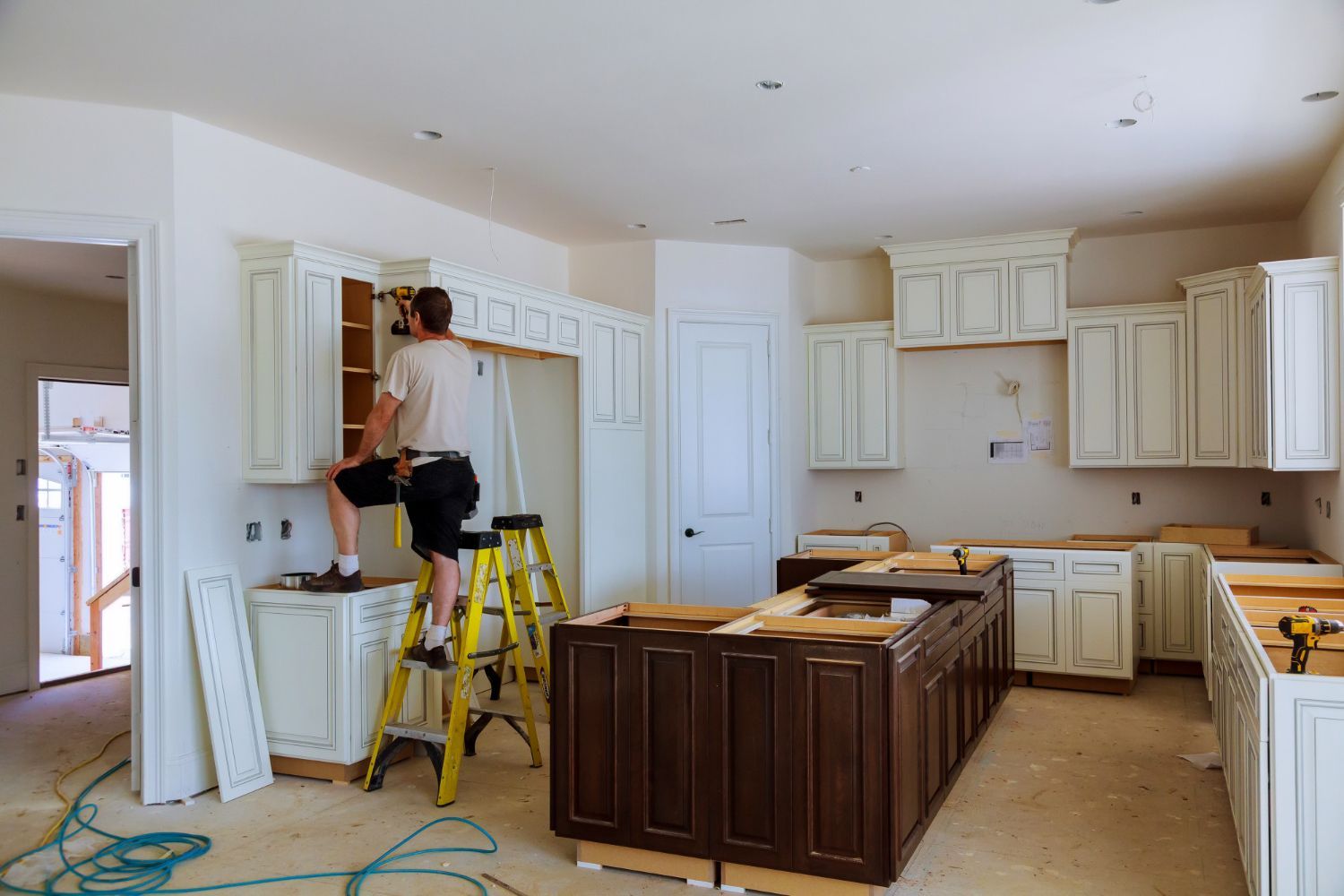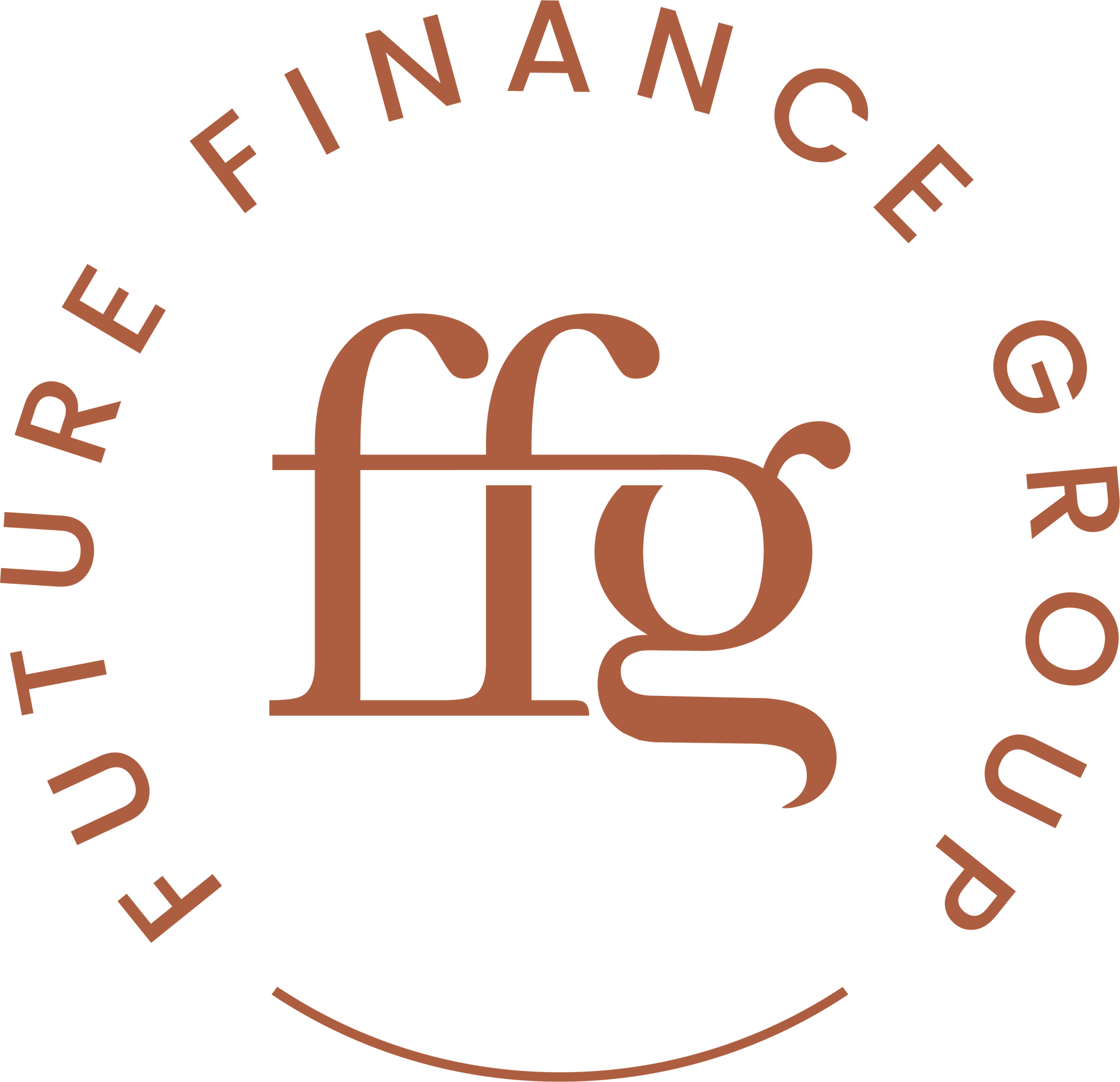EVERYONE IS AN EXPERT… BE CAREFUL WHO YOU LISTEN TO
Have you ever been given advice from your family, uncle John or friends about what is the best loan and where the best properties are? Why you should invest in property and why you shouldn’t? It should be negatively geared, it should be positively geared… and so on.
Even people who have never invested in property feel they have the right to tell you why it is good or bad based on their own perspectives (and mostly without evidence or experience).
People’s opinions are so subjective. So you really do need to take care of who you listen to in this world of information overload and ‘online experts’.
Did you know that we (collectively across the globe) conduct about 40k of searches per SECOND on Google? Yes, you read correctly – per SECOND, not minute, and this is just on Google2.
With such astonishing figures, have you ever wondered how creditable the data is that we search for every day? Furthermore, most of the data has only been generated in the last few years2.
Although money does not mean everything to everyone, it certainly affects your life if you obtain incorrect information and advice.
With so much information out there and with such ease of accessibility, please don’t listen to ‘experts’ who don’t have runs on the ground.
YOUR MONEY is at stake here not THEIRS and you need to do your own research.
In regards to finance… The good news is
– the finance industry in Australia is now highly regulated. As your finance specialist, we are not only accredited but are obligated to remain informed and responsive to the constant industry changes, regulations and the vast array of products we offer through different lenders to main-tain our various accreditations each year.
Q. How do I find a creditable mortgage broker?
Generally, look for people or organisations who:
- are qualified, accredited or licensed in their field
- have credible experience and sources
- are approved members of relevant professional industry associations
- provide you with quality professional industry information and commentary
- have genuine and positive client testimonials
- are most interested in YOUR situation and goals
Q. WHEN IS THE BEST TIME TO ENGAGE A BROKER?
Simply put, because we act in your best interest at all times, anytime is the best time. Ideally you should contact us before you make any decisions or changes to your finances.
As your
finance expert, we discuss your goals, then explore the range of financial possibilities that are not unsuitable for your financial situation. We then document and submit your application to the lender we choose together to provide you with the best possible outcome for loan approval.
Q. Can’t I simply choose the lowest interest rate?
NO, please don’t!
It is not always just about finding the lowest interest rate!
There are many considerations for obtaining finance: fees, types of loan, features of the loan facility, lenders’ mortgage insurance, length of your loan, the structure of the loan and your accounts. The list goes on.
Typically after completing the finance exploration session with our clients, although extremely important, we find that
the lowest interest rate IS NOT always your most vital consideration when securing finance.
Due to the complexity of our product range and an enormous variety of options, it is always wise to use our in-depth knowledge and expertise to your advantage because we work for YOU not the lenders.
PLUS we save you an incredible amount of time by doing all the research for you. Why would you consider trying to find your own finance solution?
In regards to helping you with investing in property… there are also many ‘experts’ out there as well. So make sure you call us first to head you in the right direction.
Sources and links:
Disclaimer: This article provides general information only and has been prepared without taking into account your objectives, financial situation or needs. We recommend that you consider whether it is appropriate for your circumstances and your full financial situation will need to be reviewed prior to acceptance of any offer or product. It does not constitute legal, tax or financial advice and you should always seek professional advice in relation to your individual circumstances. Subject to lenders terms and conditions, fees and charges and eligibility criteria apply. © 2019



